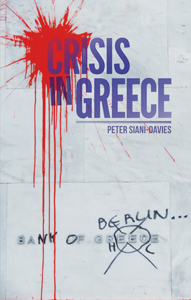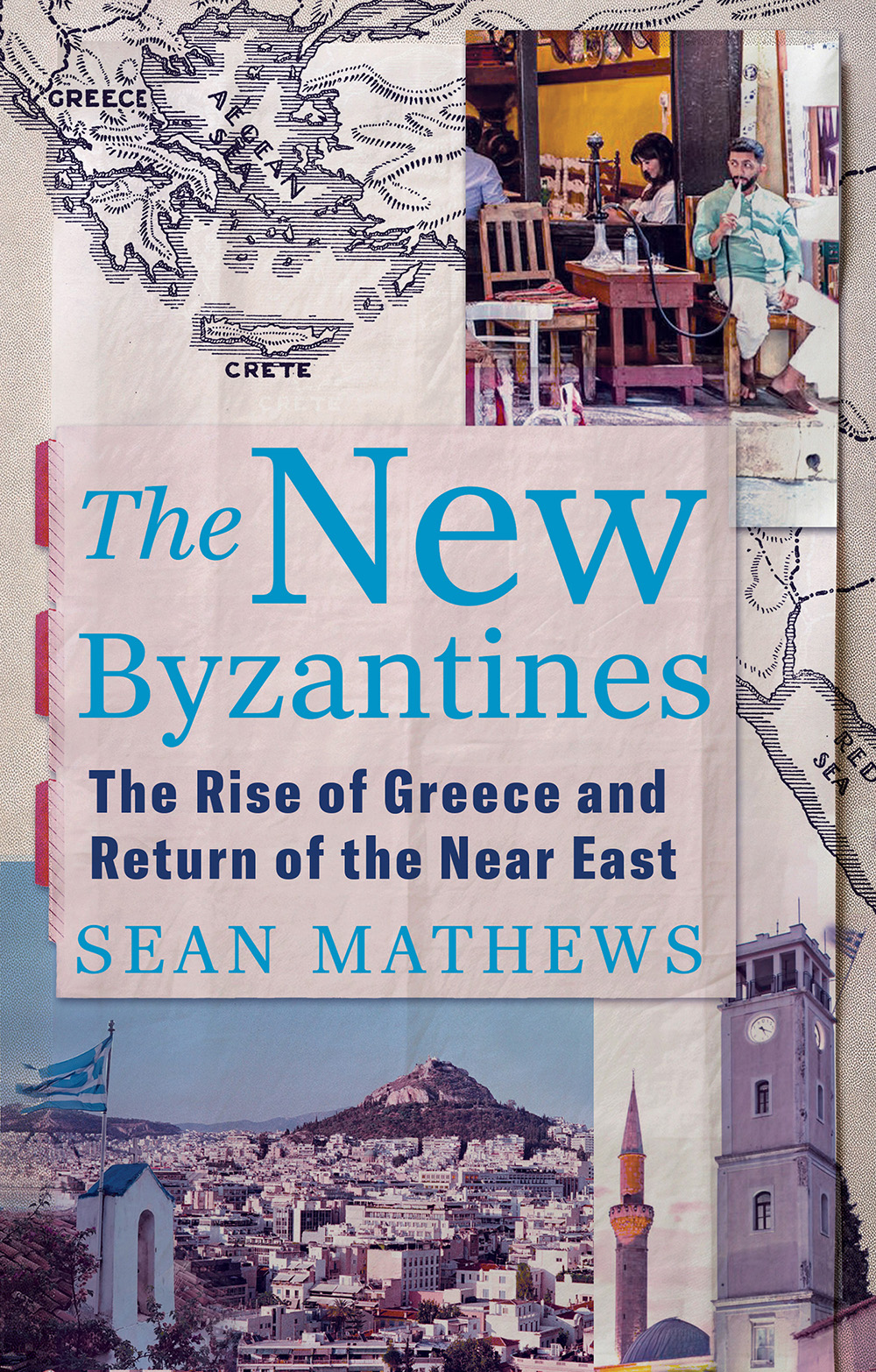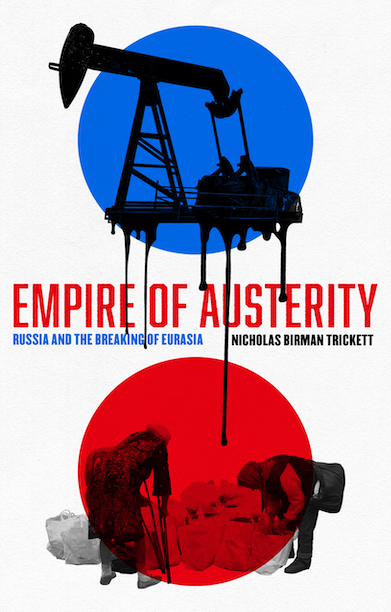Crisis in Greece
Analyses the Greek ‘system’, its shortcomings and how the country has responded to instability and recession.
Description
Few countries experienced the period of turbulence surrounding the global financial crisis as intensely as Greece. The country topped the global news agenda as images of mass protests in Athens jostled for space with reports of torturous negotiations between political leaders struggling to agree support packages. Dramatic headlines proclaimed not only Greek bankruptcy and a possible exit from the euro, but the collapse of the single currency itself.
This book offers a comprehensive and authoritative account of the lengthy crisis that beset Greece and the wider Eurozone. Written for the general reader, it explores the passage of events from different perspectives as it probes the story behind the headlines to reveal the full complexity of the crisis. Were its causes to be found in the prevailing international financial environment or in the economic and political system which evolved in Greece since the early 1970s? Did the choices made by both domestic and international actors such as the IMF and the EU exacerbate the crisis? Most importantly, what has been the impact of the crisis on the daily lives of the country’s inhabitants?
Table of contents
460
Reviews
‘Thorough and readable, this blow-by-blow account of how Greece got itself into a seemingly interminable crisis of gigantic proportions, will appeal to readers wishing to move beyond the usual clichés. An essential reference.’ — Stathis Kaylvas, Arnold Wolfers Professor of Political Science, Yale University
‘This is an important book. Siani-Davies provides an insightful account of the toxic interaction between the Greece and its creditors over the past decade. Few foreign observers can produce such a perceptive analysis of the domestic complexities that conditioned Greece’s journey through the desert of austerity.’ — Dimitris Papadimitriou, Professor of Politics, University of Manchester
‘This book is certainly the most penetrating effort in English to describe the way Greece reached an economic and political dead-end. Taking an interdisciplinary approach, the book helps us to understand the role played by Greeks, Europeans, Americans and the IMF in forming an extremely complicated and confusing situation, which for the author has its origins in an incomplete process of modernisation.’ — Kostas Kostis, Professor of Economics, University of Athens, and author of History’s Spoiled Children: The Formation of the Modern Greek State
Author(s)
Peter Siani-Davies is an Honorary Senior Research Associate in the School of Slavonic and East European Studies, University College London, and was previously Senior Lecturer and Director at the Centre for South-East European Studies at the same institution. His books include The Romanian Revolution of December 1989.






